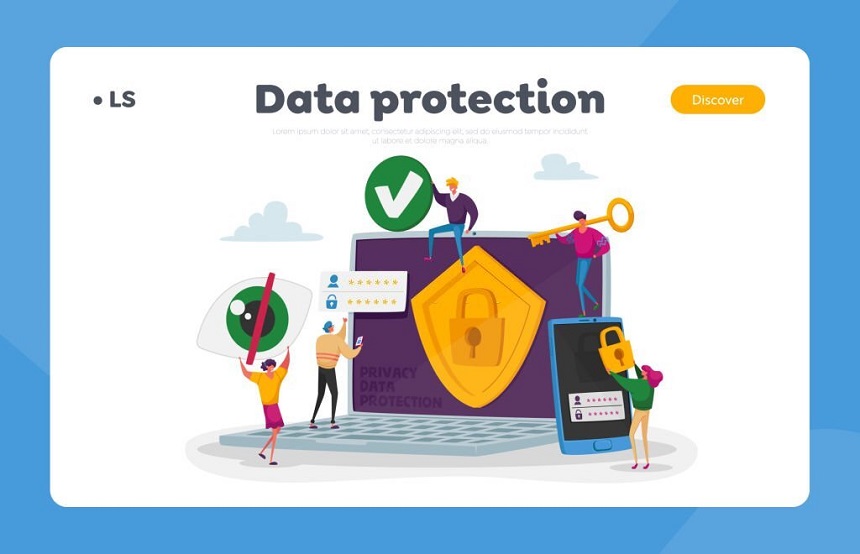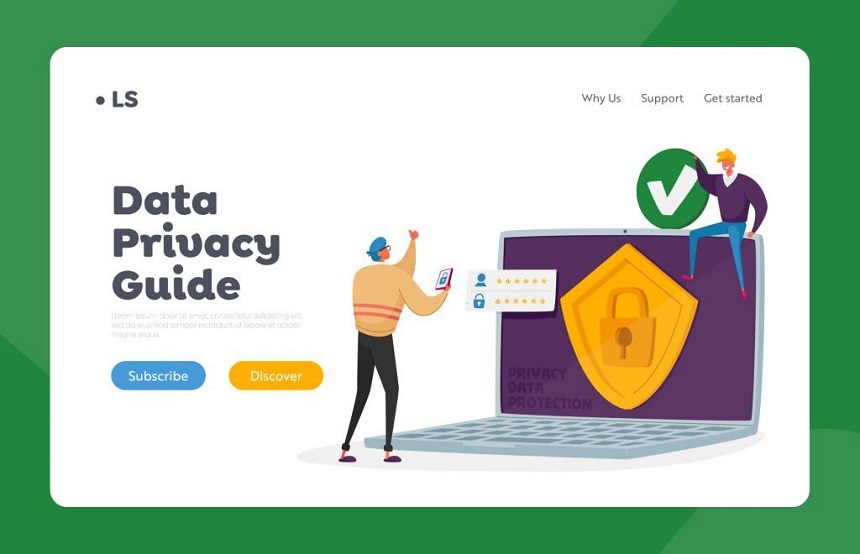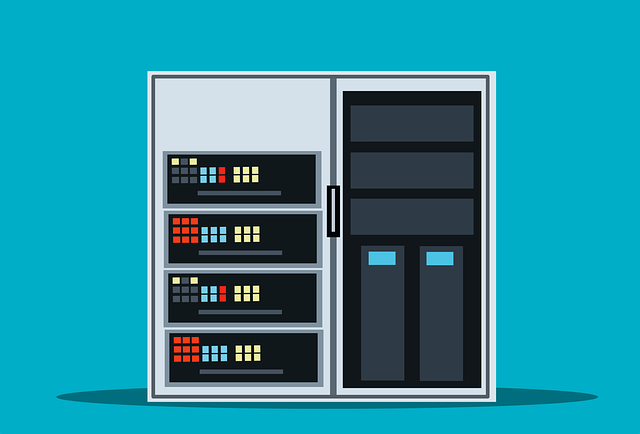Can proxy IPs deal with network failures?
Can proxy IPs deal with network failures?
Proxy IPs can handle network failures to a certain extent, depending on the type of network failure and the configuration of the proxy IP. Here are some methods that proxy IPs can use to deal with network failures:
Failover: When a proxy IP server fails or becomes unavailable, requests can be forwarded to other available proxy IP servers through failover mechanisms to ensure service continuity. This can be achieved through load balancers or other failover mechanisms.
Backup servers: Backup proxy IP servers can be set up so that when the main server fails, it automatically switches to the backup server to ensure service availability.
Health checks and automatic recovery: Proxy IP servers can perform regular health checks to detect server availability and performance. When a fault or anomaly is detected, automatic recovery operations such as server restart or network reconnection can be performed.
Fault tolerance: Proxy IP servers can be configured with fault tolerance mechanisms that attempt multiple connections or reconnections until a successful connection is established when a network failure occurs.

Privacy Data Protection in Internet, Virtual Private Network Landing Page Template. Tiny Characters around of Huge Laptop with Shield and Lock on Screen, Security. Cartoon People Vector Illustration
It is important to note that the ability of proxy IPs to handle network failures has certain limitations, especially in cases of severe or complex network failures. Additionally, the stability and availability of proxy IPs also depend on the quality of the proxy server, network environment, and configuration settings. Therefore, when using proxy IPs, it is necessary to choose a reliable proxy service provider and perform reasonable configuration and management to effectively deal with network failures.
Can proxy IPs deal with network blocking?
Proxy IPs can handle network blocking to some extent, but it is not absolute. Network blocking refers to the act of network service providers or entities such as governments blocking or restricting access to specific websites, applications, or services. Proxy IPs can attempt to bypass network blocking and allow users to access blocked content.
There are several ways to use proxy IPs to deal with network blocking:
VPN proxy: By using overseas proxy IPs, it is possible to bypass domestic network blocking and access blocked websites and services. This method is commonly used to bypass government blocking of specific websites or applications.
Reverse proxy: By using a reverse proxy server, blocked websites or services can be deployed on the proxy server, and users can access them directly through the proxy server without connecting directly to the blocked target server.
Tunneling proxy: By establishing an encrypted tunnel connection, a user’s network traffic can be forwarded through a proxy server to bypass network blocking. This method is often used to bypass firewalls or deep packet inspection technologies.
It is important to note that the effectiveness of using proxy IPs to bypass network blocking may be affected by various factors such as the strictness of network blocking, the reliability and stability of the proxy IP, and the network environment. Additionally, using proxy IPs to bypass network blocking may violate local laws and regulations. Please use proxy IPs within legal and reasonable boundaries and comply with relevant laws and regulations.











